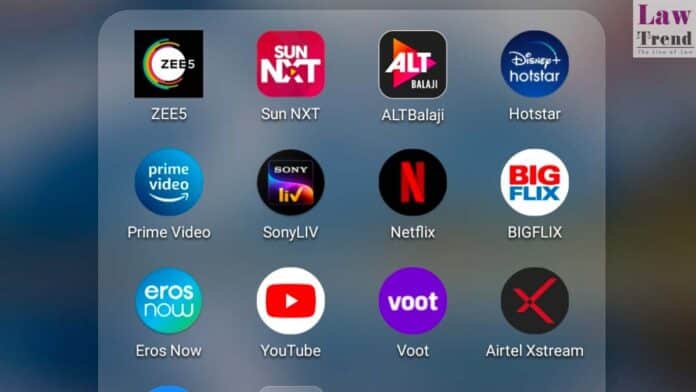In a landmark judgment on Tuesday, the Supreme Court of India declared that the use of abusive language in web series and OTT platforms cannot be criminalized, emphasizing the importance of preserving freedom of speech and expression. The bench, comprising Justices AS Bopanna and PS Narasimha, asserted that criminalizing content for obscenity is an excessive measure that infringes upon artistic creativity and freedom of expression.
The court highlighted the distinction between vulgarity and obscenity, noting that while vulgar content might provoke disgust, it does not necessarily corrupt or deprave minds, a key criterion for content to be considered obscene under the law.
Justice Narasimha, authoring the judgment, critiqued the notion of regulating online content through criminalization, labeling it as a disproportionate response that fails to logically follow the principles of free speech. The justices also rejected the idea that the legality of content should be gauged by its suitability for courtroom presentation, arguing that such a standard unfairly restricts creative expression.
This ruling came in response to a criminal case against the creators and distributors of the web series “College Romance,” which was accused of featuring excessive profanity and vulgar language, leading to its prosecution under the Information Technology Act. The Delhi High Court had previously ordered the registration of a first information report against the series for allegedly broadcasting obscene material.
Also Read
However, the Supreme Court overturned the High Court’s decision, criticizing its approach to determining obscenity. The Court clarified that the true measure of obscenity is whether the content is likely to deprave or corrupt its audience, a test the High Court failed to apply correctly.
In its defense of the web series, the Supreme Court noted that “College Romance” is a light-hearted depiction of college life, utilizing expletives in a manner reflective of real emotions like anger and frustration, rather than sexual content. The judgment underscored that the mere use of profanity does not equate to obscenity, thereby protecting the series and its creators from criminal charges.




